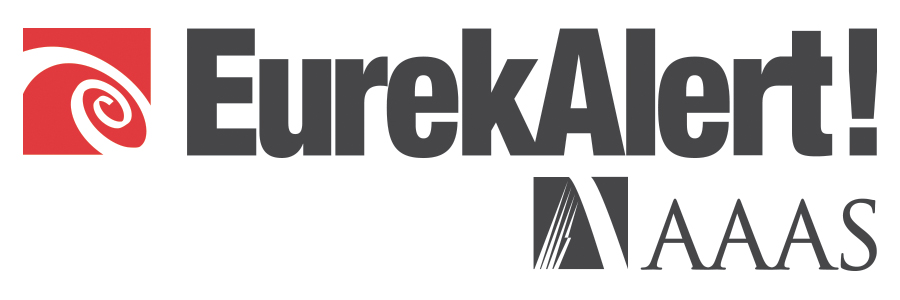
Approximately 200,000 failed hip and knee implants have to be replaced surgically each year. Rush University Medical Center researcher Rick Sumner, PhD, has spent years studying implants and ways to decrease failure by catching it early.
In recognition of his distinguished contributions to understanding bone remodeling around orthopedic implants and developing strategies to improve implant fixation, Sumner has been named a fellow of the American Association for the Advancement of Science (AAAS).
The AAAS fellows were announced in the AAAS News & Notes section of the journal Science on November 29. Election as an AAAS Fellow is an honor bestowed upon AAAS members by their peers.
“I’m honored in being included in the ranks of those who have been given this designation by the AAAS,” said Sumner, the Mary Lou Bell McGrew Presidential Professor for Medical Research and chairperson of the Department of Cell & Molecular Medicine within Rush Medical College.
Sumner’s research interests focus mainly on bone regeneration as related to orthopedic implants, understanding how bone matrix maturation contributes to bone quality, and the role of bone in osteoarthritis. Among his achievements, Sumner and his colleagues have discovered biomarkers – detectable molecules in body fluid or tissue that are a sign of a health condition – the may help predict hip replacement failure.
His group also has shown that implant loosening can be blocked non-surgically through the use of a novel drug recently approved for the treatment of osteoporosis. His newest NIH grant explores a possible role of the gut microbiome in implant fixation.
“Ultimately, we would like to improve our fundamental understanding of the biology surrounding implant fixation to prolong the lifespan of joint replacements,” he said.
###
About the American Association for the Advancement of Science
Founded in 1848 and headquartered in Washington, D.C., the nonprofit American Association for the Advancement of Science, is the world’s largest general scientific society, with members in more than 91 countries. It includes more than 250 affiliated societies and academies of science, serving 10 million individuals. The AAAS publishes six peer-reviewed journals, including Science, which has the largest paid circulation of any peer-reviewed general science journal in the world. The AAAS is open to all and fulfills its mission to “advance science and serve society” through initiatives in science policy, international programs, science education, public engagement, and more.
Disclaimer: AAAS and EurekAlert! are not responsible for the accuracy of news releases posted to EurekAlert! by contributing institutions or for the use of any information through the EurekAlert system.

